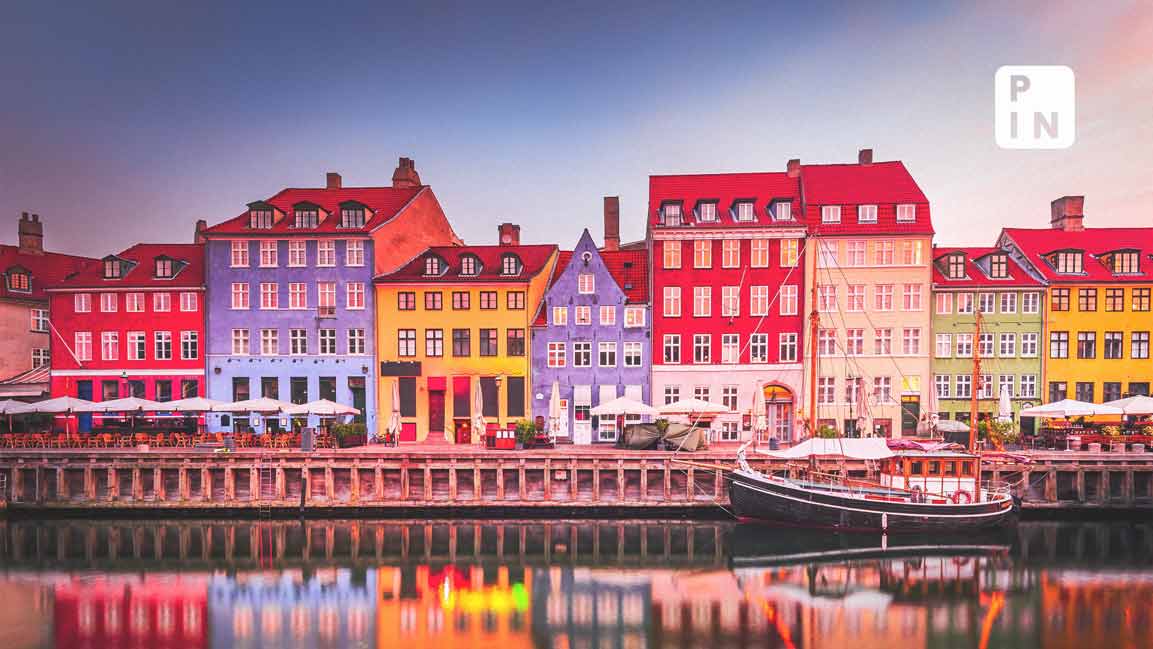- | 5:00 pm
Helsinki, Amsterdam top cities for urban mobility: Report
Delhi and Mumbai, the only two Indian cities on the Urban Mobility Readiness Index, were ranked 54 and 55

Helsinki, Amsterdam and Stockholm came on top in a ranking of cities best prepared for the future of urban mobility, while Delhi and Mumbai–the only two Indian cities on the list–were ranked 54 and 55, respectively.
The Finnish capital’s car‑free zones, large investments in electric-vehicle (EV) charging infrastructure, advanced cycling infrastructure, and a widening public transit network helped it top the latest Urban Mobility Readiness Index.
The index, which ranks 65 global cities in its latest edition, is prepared by the University of California-Berkeley, and the Oliver Wyman Forum, the consulting firm’s social action wing.
The study takes into account multiple parameters, including commute time, road safety, walkability, and innovation, aiming to evaluate the efficiency of movement for both individuals and goods within a city and its neighboring areas.
European cities Amsterdam, Berlin, and Munich, which are in the top 5, provide everything from a world‑renowned cycling culture to strong public transit offerings, the report said.
San Francisco, which came in fourth, has created an ecosystem that embraces emerging technologies such as mobility as a service and autonomous vehicles, the study said, adding that cities in the US have strong market attractiveness, or ability to attract investments for bolstering transportation.
Delhi and Mumbai languish
On Delhi, the study said the growing use of personal cars and motorbikes has worsened the national capital’s air quality and traffic safety. A combination of hot, rainy weather and a lack of dedicated cycling infrastructure makes Delhi a challenging city for cyclists, it added.
The city is investing in public transit to attract more riders, the study said, adding that an expansion of the metro to increase its length by nearly a third, to 284 miles, is due to come into service starting in 2025.
The report said Delhi has one of the least affordable public transit systems in the region, primarily due to relatively high fares in comparison to household income levels—a concern shared by Mumbai.
India’s commercial capital boasts a well-connected network of roadways that have a low incidence of traffic fatalities, the report said, adding that Mumbai is also actively investing in a modern metro system as a strategic measure to combat congestion.
How can they improve?
The report suggests ways in which both Delhi and Mumbai could improve upon their urban mobility readiness.
The public transit network in Delhi currently operates for an average of 18 hours a day, whereas Mumbai’s public transit network runs for an average of 16 hours a day, the report noted.
The report proposes extending the metro hours, like Sydney’s 21-hour service, needing more trains, additional drivers, and enhanced night-time security.
It also stresses the importance of affordable public transport, suggesting maintaining or increasing subsidies and fare structures considerate of lower-income commuters to make transit more accessible and equitable for all city residents.













